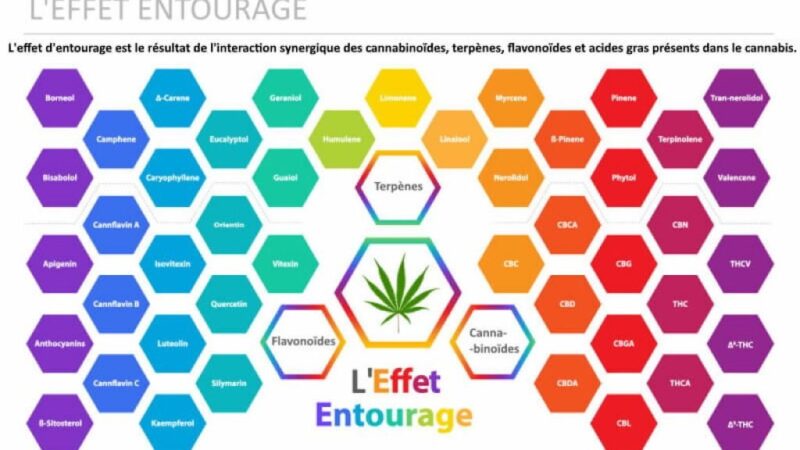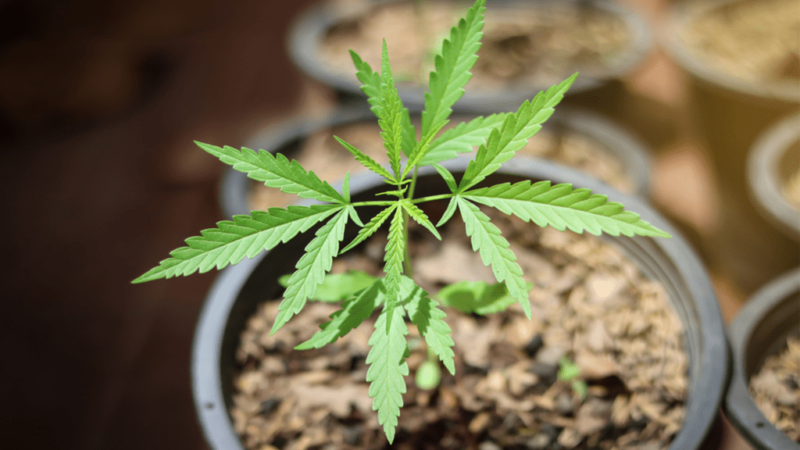Le CBD est une molécule que l’on peut extraire de la plante de cannabis. Elle
...Depuis déjà plusieurs décennies, les hommes ont démontré leur intérêt pour le cannabis et ses
...Face aux nombreuses vertus et propriétés que le CBD présente, il est extrait de diverses
...Depuis plusieurs années, les médias ne cessent de parler d’un composé qui aurait des vertus
...Comme vous devez sans doute le savoir, le cannabis est une plante très riche, composée
...Attention, ce n’est pas du cannabis ! Le CBD est plutôt une cannabinoïde, parmi les
...Le CBD est une molécule qui tient aujourd’hui une place importante dans nos habitudes alimentaires.
...Le CBD est une molécule active présente dans le cannabis, qui offre à l’homme des
...La plante de cannabis est considérée comme un remède contre de nombreux maux depuis plusieurs
...Le cannabis est une plante utilisée par de nombreuses personnes comme une drogue très puissante.
...








